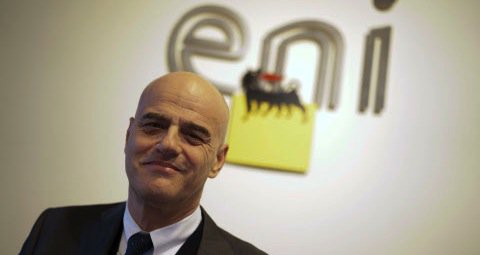President Jacob Zuma of South Africa, who is facing pressure to resign from within his African National Congress, sought to win back support with the launch of the party’s manifesto in Port Elizabeth on Saturday , where it risks losing an important local poll.
Losing power in Nelson Mandela Bay municipality, a stronghold of the ANC’s fight against apartheid and named after its liberation hero, would be a symbolic blow for Zuma and his party nationally.
Zuma has faced calls to resign from within the ANC since a court ruled this month that he breached the constitution by ignoring an order to repay some of the $16 million in state funds spent renovating his private home.
Steering clear of his personal setbacks, Zuma told crowds that the ANC would do more to fight corruption, create jobs and expand access to basic services like water and electricity for millions of poor South Africans.
“A vote for the ANC is a vote for a united, non-racial, democratic, non-sexist and prosperous South Africa,” Zuma told around 40,000 supporters in Nelson Mandela Stadium, less than half the number promised.
“Compatriots, local government is in your hands. Vote ANC and together we shall build better communities,” Zuma concluded, before leading party leaders in traditional dance on stage and singing a favourite freedom anthem.
Deputy President Cyril Ramaphosa said ahead of the launch that he was “convinced” the ANC would win the Aug. 3 vote and brushed off the effect of scandals.
The ANC will be relying on loyal supporters who don’t see an obvious alternative to a party they still associate with its leading role in ending apartheid.
“We are ANC for life,” Cumisa Msuthu told Reuters from the stadium where supporters danced and sang liberation songs.
“The ANC is not Zuma. We have and will always be ANC.”
Zuma survived an impeachment vote last week thanks to the ANC’s big majority in the 400-seat national assembly and hopes to now put the scandals that have dogged him behind. He is required by law to step down in 2019 after two five-year terms.
An Ipsos poll late last year suggested a very tight race in Mandela Bay, with the ANC winning only 43 percent of the vote against 42 percent for the combined opposition parties and 15 percent of undecided voters. The local elections around the country will choose provincial officials, metropolitan and local municipal councils and mayors.
In the 2011 local poll in Mandela Bay, where Port Elizabeth is the largest city, the ANC won 52 percent of the vote, against 40 percent for the DA.
The constitutional court ruling against Zuma and subsequent splits within the ANC may have eroded its support base further since the Ipsos poll was taken, analysts say.
Local governments manage large budgets and will be able to influence voters ahead of a presidential election in 2019.



